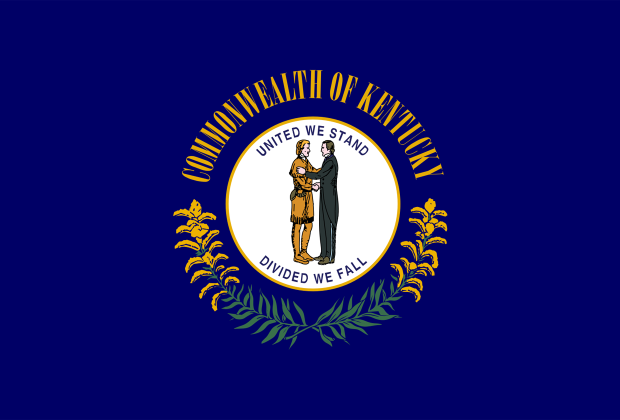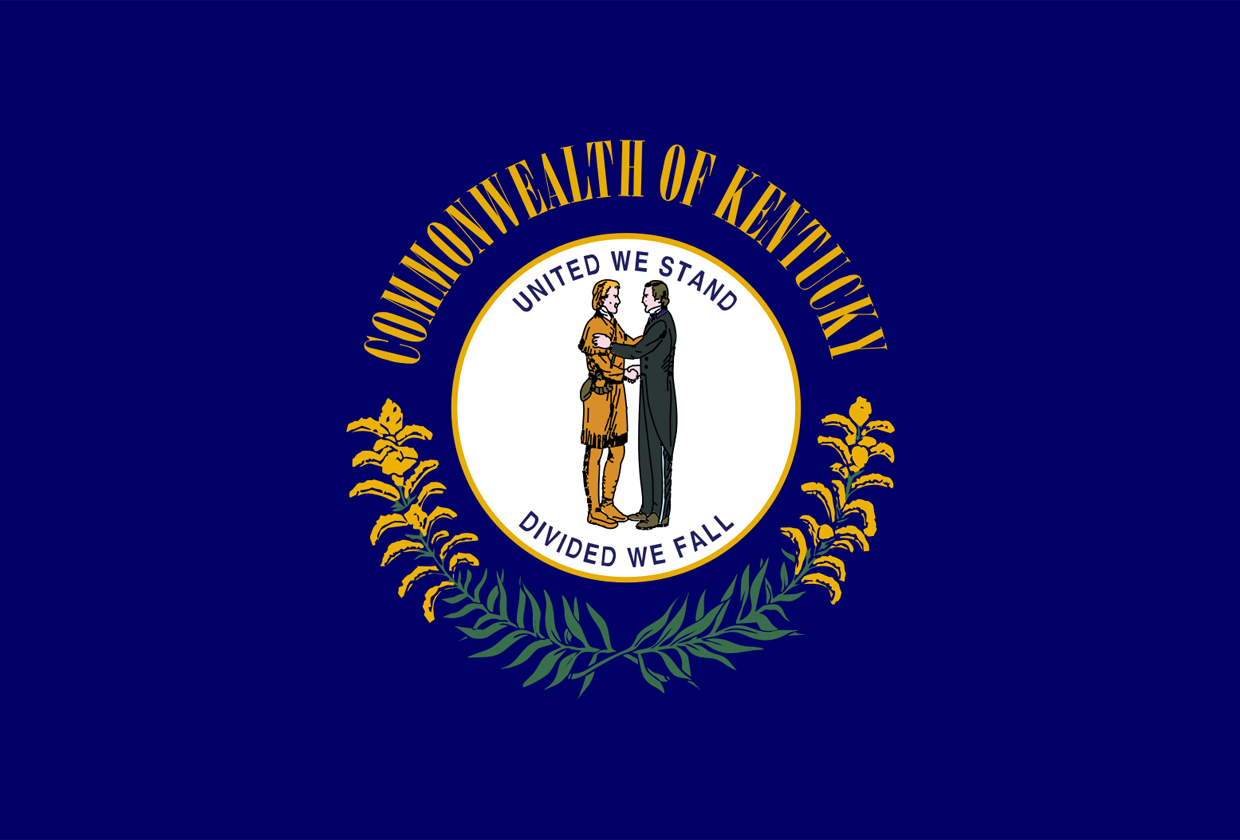On Wednesday, the Kentucky Legislature passed a one-year budget package that sought to address what will be 12 months of uncertain revenue for the state. What was thought to be included in the budget bill was an increase to the state’s tax on tobacco products other than cigarettes, such as premium cigars, raising it from 15 percent of the wholesale price to 25 percent.
However, during the negotiations of the bill, that increase was removed, leaving just part of what had previously been H.B. 32 intact. Under the most recent version of the bill, the state will begin imposing a tax on electronic cigarettes and vaping products at the rate of 15 percent of the wholesale price on what are defined as open vaping systems, effectively those designed to be refilled; and a flat rate of $1.50 on closed vapor cartridges.
It had been reported here and by other news outlets that the tobacco tax increase portion had passed, and for that, this story is being updated with the correction. We apologize for the error.
The budget package bills must still be signed by Gov. Andy Beshear, who has the ability to veto specific parts of the budget.
The original story appears below.
On Wednesday, the Kentucky Legislature passed a budget package that includes an increase in the state’s tobacco tax, absorbing a previously standalone bill as legislators figure out how to deal with a grim economic forecast for the coming year.
During the negotiating process, the language from H.B. 32 was added into the bills that will now head to Gov. Andy Beshear for his signature. That original bill would increase the tax on non-cigarette tobacco products, which includes cigars, from 15 percent to 25 percent of the wholesale price. In the case of a cigar with an MSRP of $9.50, the pre-sales tax cost would increase from $10.93 to $11.88, by halfwheel estimates.
It also called for a new tax on vaping products, which would be subject to the same rate of 25 percent of the wholesale cost. It did not affect the tax on cigarettes. That bill passed the House by a 75-17 vote in late February. It had not yet made it to the Senate floor for a full vote.
Estimates have suggested that the increase would raise $50 million in revenue over the next two fiscal years, money that will go to an already projected $200 million shortfall in the coming year due to economic downturns related to the COVID-19 coronavirus pandemic.
Of note, the budget passed is only for one year, a change from the usual two-year budgets passed by the legislature. Lawmakers decided to make the change due to the uncertainty of revenues in the coming year, meaning that they will have to repeat the process next winter.
While the final versions of the budget bills have not yet been published, H.B. 32 contained an effective date of Aug. 1. The bills now head to the governor for his approval, which could come with vetos of specific parts of the budget.



